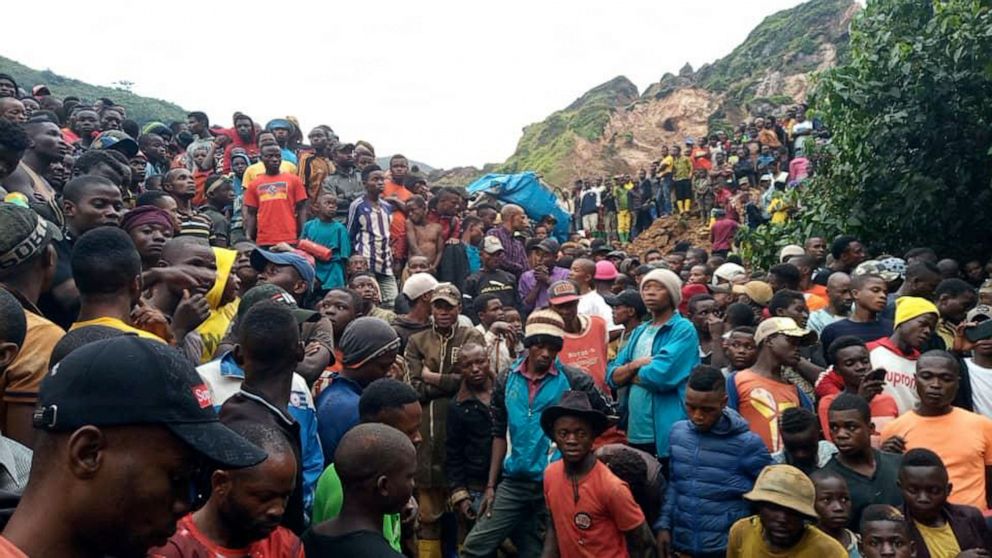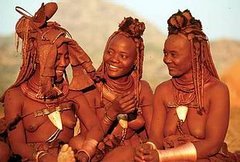Chad’s main opposition figure has announced his withdrawal from the upcoming race for the country’s top job, accusing veteran President Idriss Deby of using force to intimidate rivals.

Saleh Kebzabo said his party he had decided “purely and simply” to not enter the April 11 presidential election, according to a statement released on Monday, a day after a deadly shoot-out at the home of another candidate, Yaya Dillo,
Kebzabo condemned what he called a “military attack” on Dillo’s home in the capital, Ndjamena.
“The climate of insecurity… will definitely overshadow the electoral campaign of candidates confronting [Deby’s] Patriotic Salvation Movement [MPS],” he said.
By withdrawing from the race, said Kebzabo, he was refusing to “provide cover for a large-scale masquerade”.
Deby has ruled Chad for more than 30 years and is running for a sixth term on April 11.
Kebzabo, a former journalist who in the late 1990s was a minister under Deby, has contested the presidency four times.
He came in second in the 2016 elections with 12.8 percent of the votes.
‘Rise up’
On Sunday, a gun battle erupted at Dillo’s home when security forces came to arrest him. Dillo had holed up with “armed individuals” after refusing to obey two arrest warrants, filed last year for allegedly slandering the president’s wife.
The government said two deaths occurred when the security forces came under fire from his home and were forced to respond. Five people were wounded, three of them soldiers, it added.
But in a string of posts on social media, Dillo said his home had been surrounded and his mother and several relatives had been killed.
In his final messages from him, he said an armored vehicle had smashed down the door, and urged the public to “rise up”.
Dillo’s account could not be independently confirmed, and the authorities did not respond when asked by the AFP news agency. His whereabouts of him were also unknown, and phone calls went unanswered.
Several armored vehicles, as well as gendarmes and members of the elite presidential guard, were deployed on the roads leading to his home from him, but there was no visible increase in security at the presidency or the defense ministry, an AFP journalist saw.
However, mobile phone services were slow and access to the internet in Ndjamena was also disrupted.
The authorities have barred public demonstrations for the past several weeks as the elections approach.
Global rights watchdog Amnesty International has hit at what it calls “unnecessary and disproportionate restrictions” on the right of peaceful assembly, as well as “arbitrary arrests”.
Deby’s grip
Dillo is a formal rebel leader who fought against Deby in 2006 before joining his government and becoming a minister. More recently, he served as Chad’s representative to the Central African Economic and Monetary Community (CEMAC).
He had filed papers to contest the election on Friday.
Deby, a 68-year-old former armed forces chief, has been Chad’s ruler since December 1990, when he removed the autocratic leader Hissene Habre. He pushed through a new constitution in 2018 that reinstated term limits but could let him stay in power until 2033.
Hundreds took to the streets earlier this month to protest against his candidacy in April ’s vote.
During his long rule of his, Deby has been accused by critics of authoritarianism and nepotism as well as failing to address the poverty that afflicts many of Chad’s 13 million people.
Despite its oil wealth, the country ranks 187th out of 189 in the UN’s Human Development Index (HDI).
SOURCE: AL JAZEERA AND NEWS AGENCIES
………………………………………………………………

















